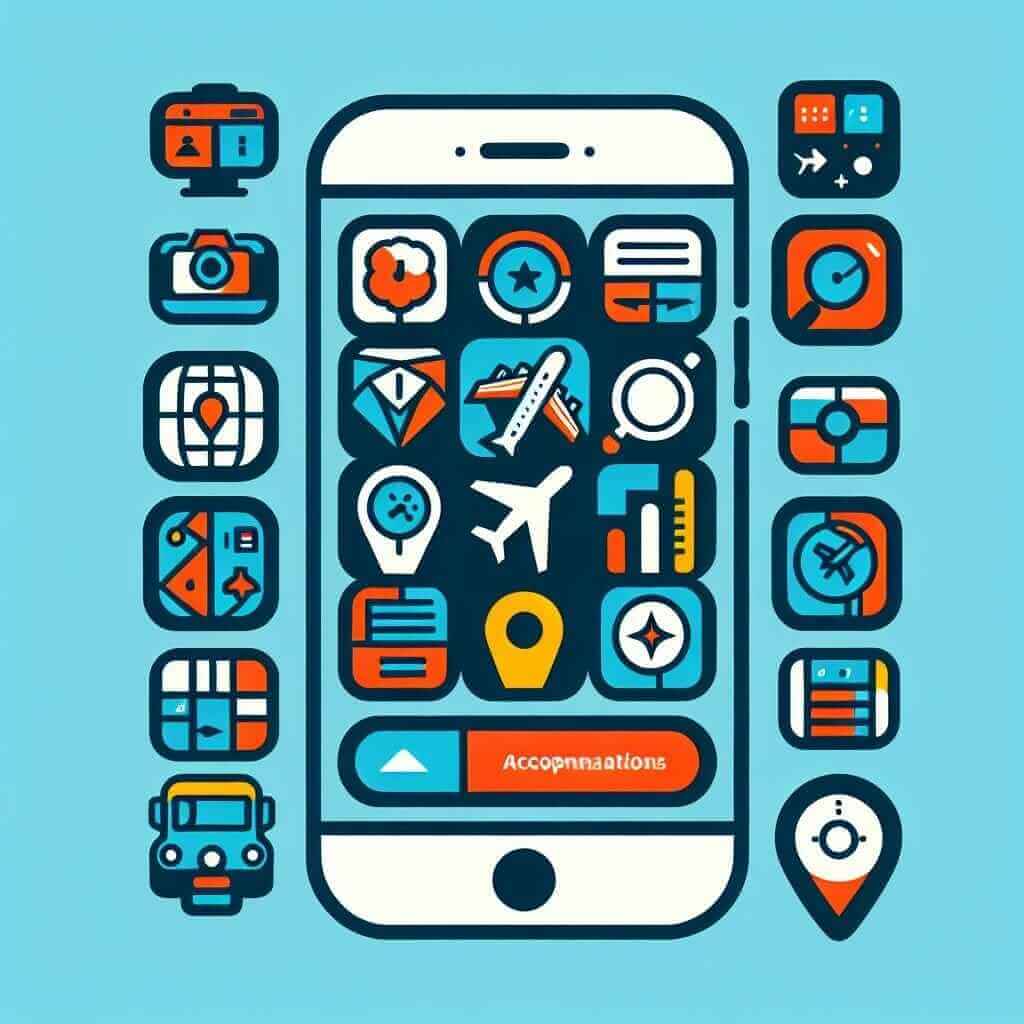The Evolution of Travel: A Common IELTS Speaking Topic
As an IELTS instructor with over two decades of experience, I often encounter the topic of travel in the IELTS Speaking test. Specifically, the question “How has travelling changed compared to several decades ago?” frequently arises. This question aims to assess your ability to compare past and present situations, demonstrate your vocabulary related to travel and technology, and express your ideas coherently.
Understanding the Task
The IELTS examiner is looking for your ability to:
- Compare and Contrast: Effectively highlight the differences and similarities between travel in the past and present.
- Vocabulary Range: Use a variety of words and phrases related to travel, technology, and societal changes.
- Coherence and Fluency: Present your ideas in a logical order, using appropriate linking words and phrases.
Key Changes in Travel
1. Technological Advancements
- The Internet and Online Booking: The rise of online travel agencies, booking platforms, and travel review websites has made researching and planning trips significantly easier and more accessible.
- Smartphones and Travel Apps: Mobile apps provide instant access to maps, translations, travel guides, and booking services, enhancing convenience and independence.

2. Transportation Evolution
- Budget Airlines: The emergence of low-cost carriers has made air travel more affordable, leading to increased travel frequency.
- High-Speed Rail: Faster train connections have shortened travel times between cities and countries.
3. Changing Travel Styles
- Experiential Travel: Travelers today seek authentic experiences, cultural immersion, and off-the-beaten-path destinations.
- Sustainable Tourism: Increased awareness of environmental issues has led to a rise in eco-friendly accommodations and responsible travel practices.
Example IELTS Speaking Response
Examiner: How has travelling changed compared to several decades ago?
Candidate: Travelling has undergone a dramatic transformation in recent decades, largely due to technological advancements and changing societal values. In the past, planning a trip involved visiting travel agents and consulting guidebooks. Now, the internet allows us to effortlessly compare prices, book flights and accommodations, and read reviews from fellow travellers. Moreover, the rise of budget airlines and high-speed rail has made travel more affordable and accessible. Beyond logistics, people are seeking more meaningful travel experiences, focusing on cultural exchange and sustainability.
Tips for Success
- Brainstorm: Before the speaking test, jot down ideas and vocabulary related to the evolution of travel.
- Structure: Organize your thoughts logically, using clear transitions between past and present comparisons.
- Examples: Support your points with specific examples to illustrate your ideas effectively.
- Personalize: Share your own travel experiences or observations to make your response engaging and authentic.
Conclusion
Understanding the significant changes in travel over the past few decades is crucial for success in the IELTS Speaking test. By demonstrating your knowledge of these changes, showcasing your vocabulary, and presenting your ideas coherently, you can impress the examiner and achieve a high band score. Remember to practice regularly, speak confidently, and enjoy the process of sharing your perspectives on the ever-evolving world of travel.